The dos and don’ts of driving
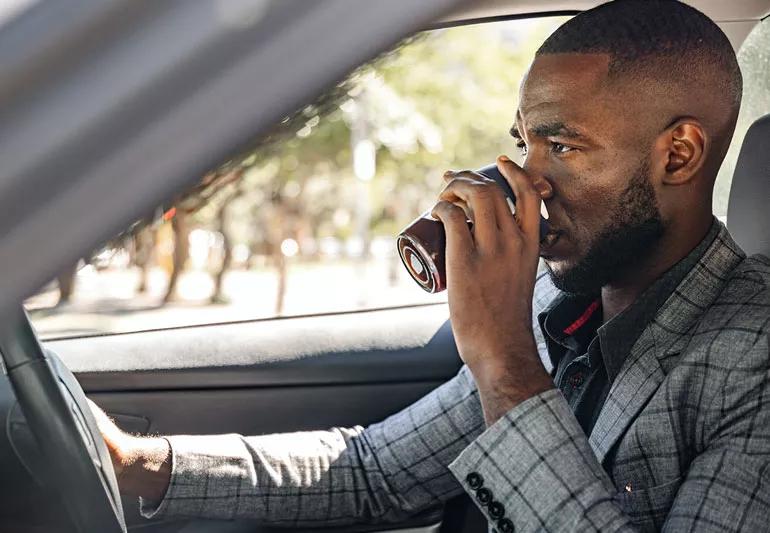
We’ve all felt drowsy behind the wheel from time to time. But it’s incredibly dangerous. Preventing it from happening is obviously very important for your safety and everyone sharing the road.
Advertisement
Cleveland Clinic is a non-profit academic medical center. Advertising on our site helps support our mission. We do not endorse non-Cleveland Clinic products or services. Policy
While we may think there are tried and true ways to keep ourselves awake on the road, preventing the grogginess from ever happening is best.
Some common tactics people rely on to stay awake behind the wheel include talking on the phone, blasting the radio, eating candy or snacks, or rolling down the windows to let a gust of air in.
Some may resort to slapping or pinching themselves.
But if you’re drowsy, unfortunately, none of these techniques will make you more alert. Especially because they happen after the sleepiness has already set in.
According to sleep medicine specialist Nancy Foldvary-Schaefer, DO, more than a century of sleep deprivation research shows that humans can’t recognize severe sleepiness adequately under sleep-deprived conditions.
That means being prepared before you head out instead of doing the things you’ve already tried.
If you stock your car with gas-station foods like crackers or candy during your travels, the carbs and sugar will likely cause you to sugar or carb crash.
“Once they metabolize and the sugar spike in your bloodstream wears off, drowsiness can increase even more,” Dr. Foldvary-Schaefer says. “This only adds to the problem.”
Despite the desperate attempts, hitting or pinching yourself only causes some annoying physical pain and does little to awaken the part of your brain that needs to be stimulated back into being alert.
Advertisement
Here are some solutions that are more likely to prevent you from dozing off in the first place or can help if you’re aware enough to react.
“Of course, exercising regularly, getting enough sleep and eating healthy on a regular basis is always the best way to increase your energy level overall and prevent grogginess, dependency on caffeine, or carb and sugar cravings in the first place,” she says. “Especially when you’re driving.”
According to Dr. Foldvary-Schaefer, if you regularly have trouble nodding off on the road, you should see a sleep specialist to make sure it’s not a sign of a more serious medical condition.
“You should also consider making lifestyle choices if you’re able to,” she says. “Riding a bike, taking public or rideshare transportation, or investing in a car that has visual, audio or vibrating alerts if your car begins to drift off are all great ways to keep yourself safer on the road.”
Advertisement

Sign up for our Health Essentials emails for expert guidance on nutrition, fitness, sleep, skin care and more.
Learn more about our editorial process.
Advertisement

Making a health plan with your doctor before you leave will make it easier to sit back and enjoy your flight

Among other benefits, a little time away can help make you more creative, decisive and focused

Setting realistic expectations and scheduling downtime can help reduce stress and make your time away more enjoyable

Dress baby in layers, gate-check your stroller and bring noise-canceling headphones
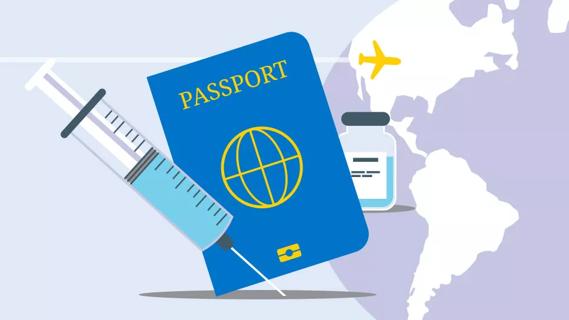
Plan early — getting the right vaccines can help you stay healthy on your travels
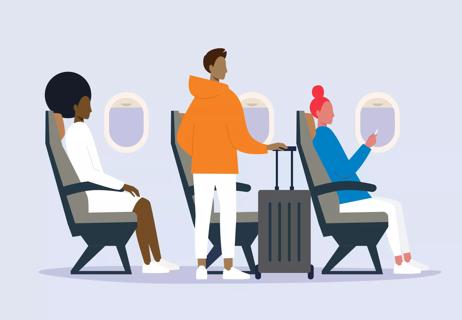
Flying can cause dehydration and bloating and make you feel tired and stressed
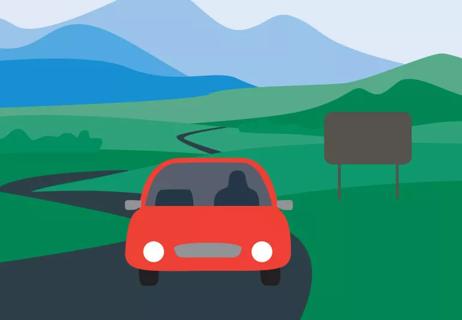
When the drive is familiar or monotonous, ‘procedural memory’ can take the wheel
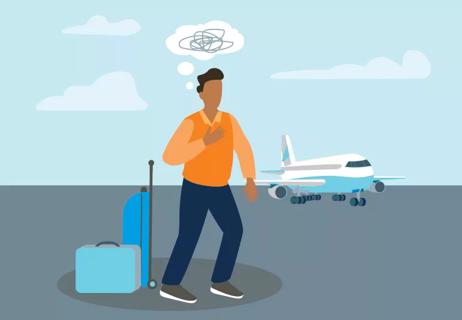
Create a checklist, reflect on your needs and ask for help when unexpected delays occur

Even small moments of time outdoors can help reduce stress, boost mood and restore a sense of calm

A correct prescription helps your eyes see clearly — but as natural changes occur, you may need stronger or different eyeglasses

Both are medical emergencies, but they are very distinct events with different causes